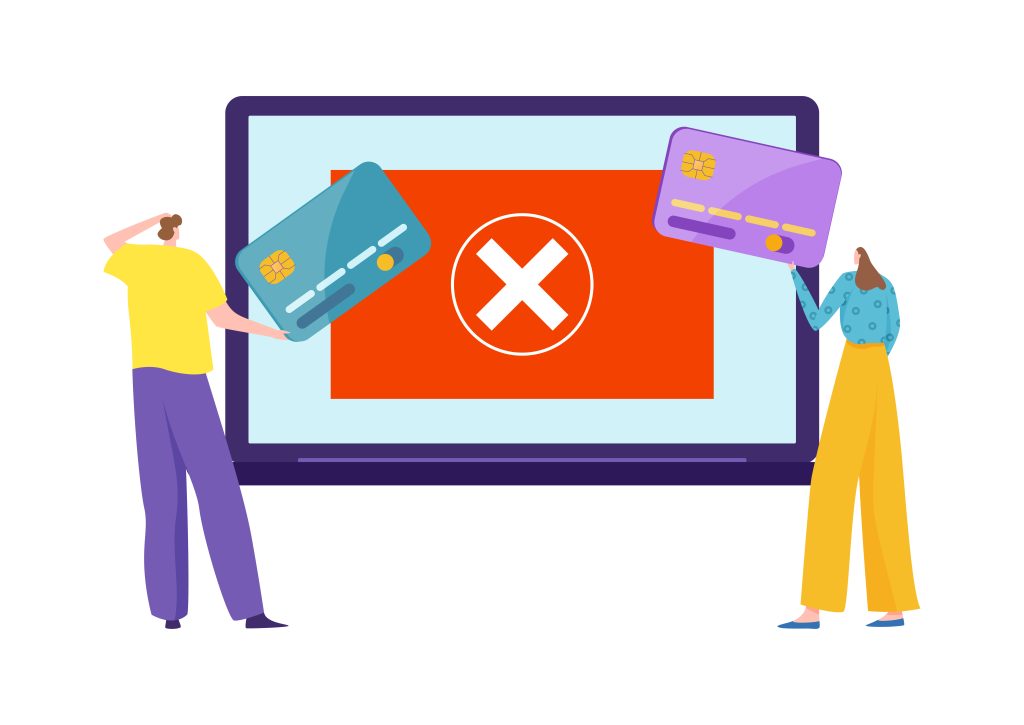The rate of fraud committed by Gen Z is higher than other generations. Gen Z is the most likely generation to personally participate in payment fraud or know someone who has, as well as the most likely to allow someone they know make unauthorized transactions with their credentials.
These findings, from a survey conducted by fraud platform Sift, show that 42% of Gen Zers admit to engaging in first-party fraud, which involves disputing a transaction even though they received the item and was generally satisfied with it.
“We’re seeing a trend of younger generations increasingly taking advantage of consumer-friendly chargeback protections,” Rebecca Alter, Trust and Safety Architect at Sift, wrote in that report.
Cultural Differences
What makes Gen Z so much more prone to fraud? There are two basic explanations: one structural and one cultural.
First, Gen Z is the most online generation, where anonymity makes it easier to commit fraud. In fact, 32% of Gen Z consumers shop online at least once daily, compared to 25% of millennials, 15% of Gen Xers, and 7% of baby boomers.
The category that saw the greatest increase in fraud attempts in 2023 was internet gaming, a hallmark of Gen Z, according to Sift. Attempted fraud payments in gaming jumped by 93% that year.
Secondly, Gen Z feels a level of detachment from the merchants they transact with.This group is often characterized by a distrust of capitalism, leading many not to view defrauding large corporations as immoral. One infamous story from Vice in 2020 quoted a teenage consumer saying: “We have so many companies that don’t care about their customers, only making money. If we can punish the corporation, we feel we have done our best.”
“There’s a lack of brand loyalty that plays into the younger generation’s willingness to commit first-party fraud,” said Suzanne Sando, Senior Analyst, Fraud and Security at Javelin Strategy & Research. “There’s a feeling of entitlement that goes along with this—a feeling that you are owed something from these larger corporations who earn exorbitantly more money than consumers do, especially in such a volatile economy.
“That’s what makes detection of this kind of fraud so difficult,” she said. “You have to determine the difference between a consumer who unwittingly committed first-party fraud versus a consumer who willingly perpetrated the crime for their own benefit.”
